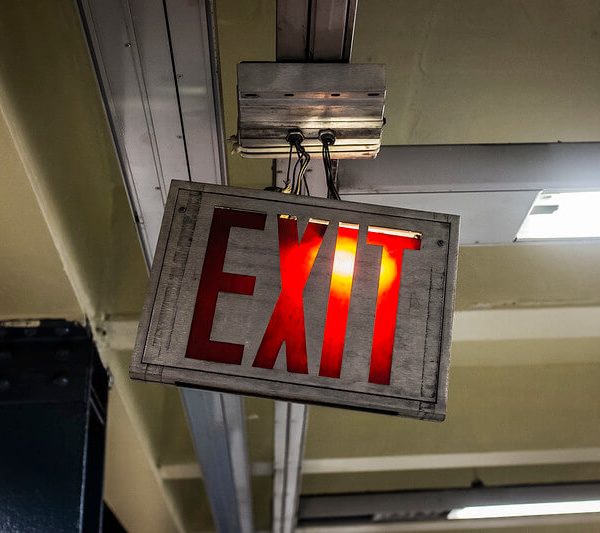
Commercial maintenance rooms contain the essential equipment that keeps your building functioning. Electrical, mechanical, data, custodial, and even storage rooms are susceptible to fires. While these spaces may not have the visibility or traffic of your revenue-generating locations, they still require regular monitoring for proper fire safety protection.
The fire experts at All Protect Systems, Inc have been keeping Ontario businesses safe since 1996. They can help diagnose and correct potential fire safety deficiencies, such as the following:
1) Holes in Your Firewalls
Building maintenance rooms often require new equipment, which usually comes with additional wiring or pipes. If these rooms have fire-rated walls, the wall membrane penetrations must be adequately fire stopped to prevent smoke and fire from passing from one room to another and spreading the fire.
2) Fire Extinguishers
While fire extinguishers can last several years, they require annual inspections. Maintenance rooms can get overloaded with unnecessary materials, and fire extinguishers can be obstructed from view or even knocked off the wall. The Ontario Fire Marshal can fail your annual fire inspection if your extinguishers aren’t in the right place or lack their yearly inspection tag.
3) Fire Hoses
If your building requires fire hoses, you need to be sure that they are in good condition and are long enough to reach your commercial maintenance rooms. Of course, you never want to put out an electrical or oil-based fire with water, but you can put out fires in some rooms with your building’s fire hoses.
Annual inspections of your fire hoses can reveal deterioration in the hose or damage to the hose nozzle. All Protect Systems recommends performing hydro-static testing on fire hoses after they’ve been in service for five years and every three years after that.
4) Smoke Detectors
Depending on their use, commercial maintenance rooms may require one or more smoke detectors. While you may have met the basic code requirements during the initial construction, changes to the use of maintenances or the addition of equipment may require additional smoke detectors.
Maintenance room alterations can obstruct smoke detectors and prevent them from sensing smoke during a fire. They can also degrade over time and require regular inspections.
5) Emergency Lighting & Exit Lighting
Required by code in most Ontario commercial buildings, emergency lighting must be tested monthly to ensure proper performance. Exit lighting in or near your maintenance rooms must be fully functional and visible. Damaged exit lights can be a fire hazard and require repair if visual defects appear.
6) Fire Doors
For commercial maintenance rooms with a fire rating, its door must also have the same rating. With heavy use, these doors can lose their rating. Fire-rated doors must have the following qualities:
- Self-latching – When the latching bolt wears out, the fire marshal can fail your inspection.
- Self-closing – Fire-rated doors must close by themselves, not be propped open, and be free from obstructions.
- No gaps – Doors that routinely get slammed or impacted with heavy items can eventually lose position. Gaps can form and compromise its fire rating.
- Labels – Fire doors and all of their attached hardware must have visible labels on them. The Fire Marshal can fail you for removing or painting over them.
- Modifications – You aren’t allowed to make any modifications to a fire-rated door.
With enough due diligence, you can keep your commercial maintenance room’s fire safety protection up to code. However, if you want to delegate that responsibility to trained professionals, the experts at All Protect Systems are ready to serve you. Call them today to find out what they can do for you!
Photo Source: Flickr